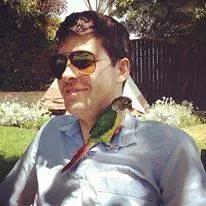| Question | Answer |
|---|---|
| I went to Japan to study Japanese. | 日本 へ 日本語 を 勉強し に 行った。nihon he nihongo wo benkyousi ni itta. |
| to finish; to endintransitive | 終わるowaru |
| I returned home after school finished. | 学校 が 終わって から、 家 に 帰った。gakkou ga owatte kara, ie ni kaetta. |
| but | がga |
| answer | 答えkotae |
| I am sorry (but), I didn't know the answer. | すみません が、 答え を 知らなかった。sumimasen ga, kotae wo siranakatta. |
| song | 歌uta |
| He didn't sing (my) favorite song. | 彼 は 大好きな 歌 を 歌わなかった。kare ha daisukina uta wo utawanakatta. |
| drama | ドラマdorama |
| The day before yesterday, (I) watched a Japanese drama. | 一昨日 日本 の ドラマ を 見た。ototoi nihon no dorama wo mita. |
| washing-up, dish-washing | 皿洗いsaraarai |
| (I) did the dishes. | 皿洗い を した。saraarai wo sita. |
| unpleasant; disagreeablei | 嫌(な)iya(na) |
| sound | 音oto |
| (I) heard an unpleasant sound. | 嫌な 音 を 聞いたiyana oto wo kiita |
| to get off; to disembark; to dismount | 降りるoriru |
| I got off the (electric) train. | 電車 を 降りた。densya wo orita. |
| high school | 高校koukou |
| (We) went to the same high school. | 同じ 高校 に 通って いた。onazi koukou ni kayotte ita. |
Your questions are stored by us to improve Elon.io

